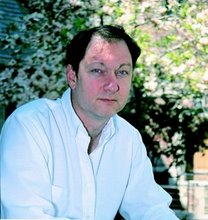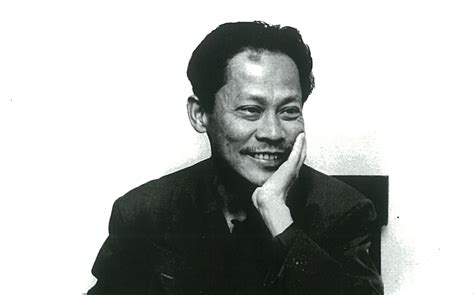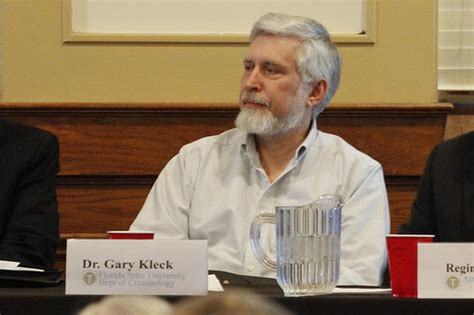A Quote by Friedrich Engels
Some laws of state aimed at curbing crime are even more criminal.
Related Quotes
In existing criminology there are concepts: a criminal man, a criminal profession, a criminal society, a criminal sect, and a criminal tribe, but there is no concept of a criminal state, or a criminal government, or criminal legislation. Consequently what is often regarded as "political" activity is in fact a criminal activity.
The most absurd apology for authority and law is that they serve to diminish crime. Aside from the fact that the State is itself the greatest criminal, breaking every written and natural law, stealing in the form of taxes, killing in the form of war and capital punishment, it has come to an absolute standstill in coping with crime. It has failed utterly to destroy or even minimize the horrible scourge of its own creation.
But how is it now? All we get is orders; and the laws go out of the state. Them legislators set up there at Austin and don't do nothing but makes laws against kerosene oil and schoolbooks being brought into the state. I reckon they was afraid some man would go home some evening after work and light up and get an education and go to work and make laws to repeal aforesaid laws.
In theory, if a gun is left at the scene of a crime, licensing and registration will allow a gun to be traced back to its owner. But, amazingly, despite police spending tens of thousands of man-hours administering these laws ... there is not even a single case where the laws have been instrumental in identifying someone who has committed a crime.
If gun laws in fact worked, the sponsors of this type of legislation should have no difficulty drawing upon long lists of examples of criminal acts reduced by such legislation. That they cannot do so after a century and a half of trying - that they must sweep under the rug the southern attempts at gun control in the 1870-1910 period, the northeastern attempts in the 1920-1939 period, the attempts at both Federal and State levels in 1965-1976 - establishes the repeated, complete and inevitable failure of gun laws to control serious crime.
If you do not want the State to act like a criminal, you must disarm it as you would a criminal; you must keep it weak. The State will always be criminal in proportion to its strength; a weak State will always be as criminal as it can be, or dare be, but if it is kept down to the proper limit of weakness - which, by the way, is a vast deal lower limit than people are led to believe - its criminality may be safely got on with.
As a form of moral insurance, at least, literature is much more dependable than a system of beliefs or a philosophical doctrine. Since there are no laws that can protect us from ourselves, no criminal code is capable of preventing a true crime against literature; though we can condemn the material suppression of literature - the persecution of writers, acts of censorship, the burning of books - we are powerless when it comes to its worst violation: that of not reading the books. For that crime, a person pays with his whole life; if the offender is a nation, it pays with its history.
At the risk of repetition let me say again that my plea is not for immunity to, but for the most unsparing exposure of, the politician who betrays his trust, of the big business man who makes or spends his fortune in illegitimate or corrupt ways. There should be a resolute effort to hunt every such man out of the position he has disgraced. Expose the crime, and hunt down the criminal; but remember that even in the case of crime, if it is attacked in sensational, lurid, and untruthful fashion, the attack may do more damage to the public mind than the crime itself.
Once I got interested in organized crime, and, specifically, Jewish organized crime, I got very interested in it. I have learned that, like my narrator Hannah, I'm a crime writer in my own peculiar way. Crime with a capital "C" is the subject that I'm stuck with - even Sway is about "crime" in a certain way. The nice thing about crime is that it enables you to deal with some big questioO
Probably fewer than 2% of handguns and well under 1% of all guns will ever be involved in a violent crime. Thus, the problem of criminal gun violence is concentrated within a very small subset of gun owners, indicating that gun control aimed at the general population faces a serious needle-in-the-haystack problem.









































